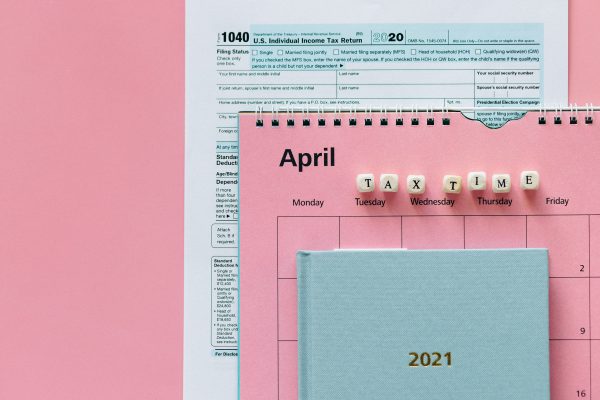The 20s are some of the best years in anybody’s life. You are just about spreading your wings, figuring out your place in the world, learning to be independent, and making your own rules for life. Your 20s are the first time you taste financial freedom. You slowly move out from the protection of your parents and are ready to fly the nest. Financial independence is important, but it is a learning curve. Mistakes are a part and parcel of life, and it’s the same when you are learning to be financially independent. But there are some money mistakes you should avoid in your 20s.
1. Not having a budget

When you start earning one fine day, your money seems limitless. But that’s not the case. You are paid a certain amount every month and you shouldn’t be spending more than you earn. It is very easy to run through your money when you start earning, but it is essential to learn how to spend well. Living beyond your means is not going to do any good. Not having a strict budget is one of the common mistakes people make in their 20s.
Related: Budgeting 101 For Dummies: All You Need To Know About Making Your Money Work For You
2. Spending too much on wants
Splurging occasionally is all well and good, but if you always put your wants before your needs, your struggle will never end. Aspirational spending is not the aspiration you need to be living for. If you can’t pay for your monthly grocery, but you drink that fancy Starbucks coffee every day, it is far from ideal. So, learn to prioritise your needs before your wants. Showing off for the world won’t feed or clothe you.
3. Not setting boundaries on your money

Boundaries are crucial for all kinds of relationships, and that’s the case with your money as well. Lending money to a friend in need or borrowing money from a friend when you are in a crisis is acceptable. But, if this becomes a routine, it spells trouble. If you are lending money to someone, there needs to be a limit to it, and you also need a repayment plan in place. The same goes for when you are borrowing money. Don’t be hesitant to ask for your money, it’s your hard-earned money, but don’t be offended if your friend asks you for the money you borrowed.
4. Not educating yourself about investing
Money does no good sitting in your bank account. Sure, it’ll get you some interest, but it’s barely breathing. For your money to grow, you need to start investing. So, the best thing you can do in your 20s is to educate yourself about investments. Your investments need to be based on your income. Investments will vary for someone earning 25K per month and someone earning 35K per month. Read up a lot, do your research, and find out when, how, and where to invest your income. Ignoring savings and investments is a money mistake you should definitely avoid in your 20s.
5. Not negotiating your pay
As freshers, most people are hesitant to negotiate their salary. You often feel like it’s best to accept the first offer coming your way because there is no way you deserve more as a fresher. That’s not the right approach. In fact, you should be negotiating not just for the salary you get, but you should also account for any bonuses, perks, and incentives in addition to your income. Negotiate for what you deserve, because you might be a fresher, but you do bring your skills to the table.
6. Not learning how to pay tax

We get it, doing your taxes is hard and boring. But it needs to be done. You need to know how to calculate your taxes, which forms to fill out, and where to file your taxes. It’s great if you have an accountant or a family member to help, but it is crucial to know how to do it yourself as well. You need to know how much money you owe the government and what tax benefits you can avail of. This will also help you make important decisions like where to invest, whether or not you should take certain loans, etc.
7. Not having a loan repayment plan
If you have taken out a loan, especially an education loan, you need to have a very clear loan repayment plan. In fact, you need to have a repayment plan even before you take out the loan. In the case of an education loan, you need to look far into the future and see if your course will lead you to a job that’ll pay you well enough to repay your loan. This is a huge money mistake that you should avoid in your 20s.
Most banks have a standard repayment plan in the form of EMIs or equated monthly installments. You need to pay back a certain amount of the principal amount as well as the interest every month for a fixed tenure. Defaulting on your loan repayments can decrease your credit score and your future eligibility for credit. So, you need to be very careful about your loan repayments, and if you think you won’t be able to make the payments regularly, don’t take out a loan.
8. Not having an emergency fund
You need to start an emergency fund as soon as you start earning. This will come in handy in unseen circumstances like a medical emergency or loss of a job or home. An emergency fund will save you from crippling debt and keep you stress-free. Ideally, your emergency fund should have at least three months of your salary in it. So, set aside a small amount every month to add to your emergency fund.
Related: Every Woman Needs A ‘Fuck Off Fund’: Have You Made Yours Yet?
Featured Image Source

 Web Stories
Web Stories











